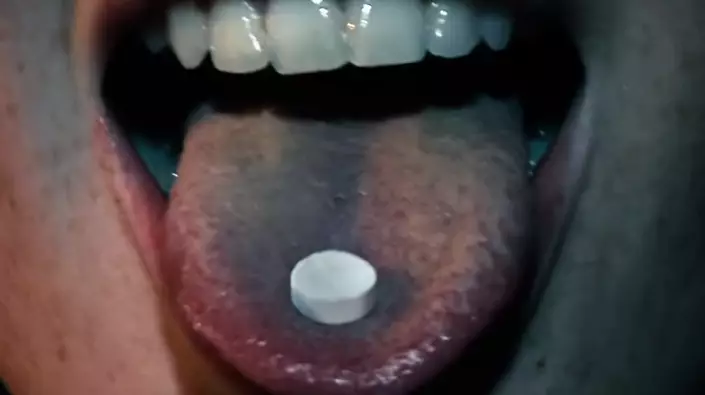
New research has suggested that the use of MDMA could be beneficial as a treatment for post-traumatic stress disorder.
The team conducting the research, Multidisciplinary Association for Psychedelic Studies, will soon meet with the FDA in order to plan phase 3 of clinical trials to see if MDMA could ever be used as a prescription medication.
Of course it's not your average Mollys that you score in a dingy nightclub toilet that the MAPS are talking about. They're referring to pure MD, which is proven to be helpful as a treatment.
Advert
Speaking to Inverse, Brad Burge, MAPS' director of Communications, spoke of how the drug actually helps to keep people grounded, unlike the effects of LSD.
He said: "Those kinds of drugs tend to form powerful visual-audio hallucinations. They also tend to cause a feeling of what a lot of people call cosmic interconnectedness, a sense of loss of self, or a deeper connection with their immediate environment.
"With MDMA, it's a totally different class of drug. It's more related to mescaline than LSD or psilocybin. When people take MDMA, they don't tend to have visual effects or strong hallucinations. They don't have out-of-body experiences or go into other states or dimensions, which often happens with LSD. With MDMA, people tend to stay more grounded.
"They become more aware of the feelings that they're having inside their body, which is very useful for psychotherapy and dealing with psychological trauma."
Advert
If the FDA approve it, it'll be available as a prescription drug at the earliest in 2021.
Advert
Primarily, it'll be used to treat post-traumatic stress disorder. This is because it directly affects the area of the brain that is responsible for fear and the flight or fight response.
Brad told Inverse: "MDMA has a direct effect on the amygdala that other psychedelics don't seem to have. MDMA affects the part of the brain that's mostly responsible for fear, the flight or fight response.
"With people who have PTSD, their amygdala is hyperactive. MDMA directly reduces that; we see it in MRI brain imaging. So when people are recalling their trauma in the context of a therapy session, they don't freak out at that same level of chemical activation. I like to call it a 'chemical security blanket,' because people remain self-aware even while they're talking about their difficult state."
This doesn't mean that you can get away with popping a pill in a club and use "it's good for my mental health" as an excuse. That does not work.
Advert
In a controlled environment, it will work as a medication.
Words by Mark McGowan
Featured Image Credit:Topics: MDMA